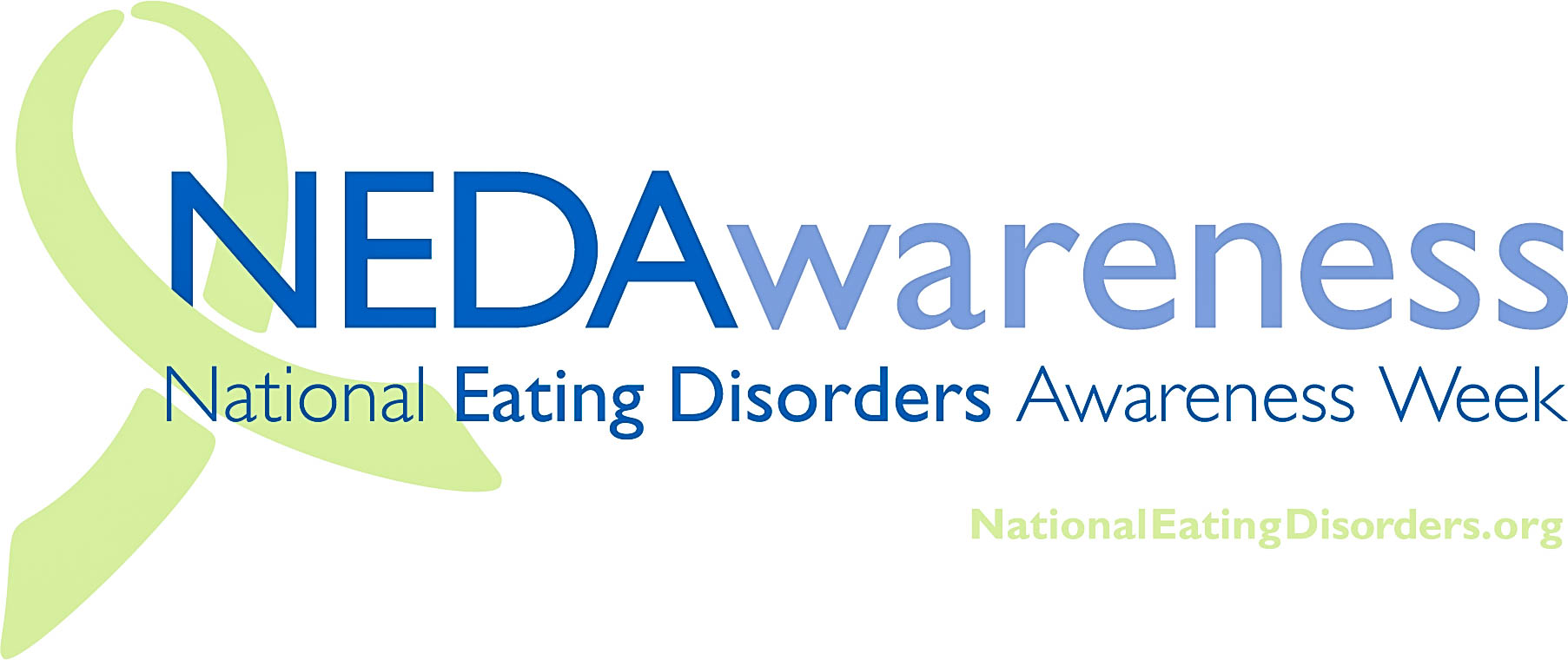Specialists Tackles Myths at Eating Disorder Awareness Week

If you heard, “3 Minutes Can Save a Life: Get Screened. Get Help. Get Healthy,” you might have assumed it was a commercial for preventing heart disease, skin cancer, or STIs. However, that slogan is for a less-talked-about health issue: eating disorders. This week, from Feb. 21 to Feb. 27, is National Eating Disorders Awareness (NEDA) Week.
“The goal of National Eating Disorders Awareness Week (#NEDAwareness Week) is to put the spotlight on the seriousness of eating disorders and to improve public understanding of their causes, triggers and treatments,” reads the NEDA website. “By increasing awareness and access to resources, we can encourage early detection and intervention, which can improve the likelihood of full recovery for millions.”
In America, about 10 million men (6 percent of all males) and 20 million women (12 percent of all females) have an eating disorder. However, on college campuses, a higher proportion of students struggle with eating disorders, about 25 percent of men and 33 percent of women.
The University is no exception. The eating disorder specialists at Counseling And Psychological Services, Anne Keating-Scherer and Joy Zelikovsky, said that about 50 percent of students they see are struggling with an eating disorder, and about one or two new students enter CAPS each week because of eating disorder symptoms. Though an eating disorder may affect you or someone you know, diet culture and the overwhelming stigma prevent this mental illness from being discussed openly.
To generate conversation and bring much-needed awareness to the topic, CAPS and Active Minds hosted an eating disorder panel discussion on Tuesday, Feb. 23.
“When all of you think of eating disorders, what are some of the things that come to mind?” asked panelist Rebekah Doweyko, Program Director of Walden Behavioral Care in South Windsor, Conn.
Students in the audience had a variety of answers.
“Body image and trying to reach what society considers to be a nice body,” one student answered.
“When someone gets really fixated on when they eat and what they eat,” another student said.
“An uncomfortable relationship with food,” said another.
Doweyko and the other panelists wanted to dispel some common stereotypes about eating disorders. For example:
Myth: Eating disorders only affect white teenage girls.
Fact: Eating disorders affect men and women of different age groups and ethnicities.
Myth: Eating disorders happen because someone wants to be thin.
Fact: Eating disorders are caused by a variety of factors and often occur with other illnesses such as depression and anxiety.
Myth: Eating disorder behavior only involves restricting caloric intake.
Fact: Eating disorder behaviors can also include bingeing, vomiting, excessive exercise, and use of diuretics.
Myth: Eating disorders are a lifestyle choice and fad.
Fact: An eating disorder is a maladaptive coping mechanism similar to alcoholism or substance abuse.
Doweyko reminded the audience that even if someone has odd habits with food or is on a diet, it does not necessarily mean that they have an eating disorder.
“In terms of dieting or disordered eating, a lot of people have funky habits,” Doweyko said. “But when we are talking about eating disorders, we’re talking about somebody’s relationship with food that has led them to not be able to function.”
Someone with an eating disorder may function well in some aspects of their life, such as with their schoolwork, while other parts of their life, such as socializing, suffer.
During the panel, Dr. Osman Qureshi explained that besides mental health, eating disorders have dangerous physical consequences. Restricting and purging can cause electrolyte imbalances and low blood pressure, leading to organ failure. Eating disorders in females can cause low estrogen, leading to amenorrhea, or a cease in menstruation, which can cause low bone density and infertility. Restricting and purging can also cause arrhythmia, or an abnormal heart rate. This can lead to cardiac arrest and ultimately death. Eating disorders have the highest mortality rate among mental illnesses; 4 percent of people with anorexia and 3.9 percent of people with bulimia will die from their disorder.
The panelists pointed out that despite the dangers, the media rarely discusses eating disorders. For example, it’s well known that Amy Winehouse’s death was caused by an alcohol overdose. However, Winehouse also struggled with bulimia nervosa, which severely weakened her heart and body. Had Winehouse not been bulimic, she may have recovered from the overdose. The overdose and bulimia were significant contributors to her death, but the bulimia was erased from headlines.
Don’t stay silent about eating disorders any longer; start the discussion today. Check in with your own habits by heading to http://screening.mentalhealthscreening.org/NEDA and take a free and confidential screening.
If you are struggling, don’t hesitate to call CAPS at (860) 685-2910. Counselors will never turn a student away, and services are free and confidential. If you are nervous to go alone, friends and family are welcome to join you.
Doctors and nutritionists are also available. Appointments for physicals can be made daily, and nutrition appointments are available every Friday. According to several of the panelists, the University has better eating disorder support than most colleges.
If you are worried about a friend, you should talk to them about their behaviors, but not in an angry or accusatory manner. For example, saying “I know you’ve been purging” is harsh criticism that may make behaviors worse. Rather, say something like, “I’ve noticed some worrisome behaviors around food. Are you okay? If you want to talk about it, I’m here to support you.”
If a friend tells you about their disordered eating, encourage them to seek professional care. You can support your friend, but cannot treat them. Avoid phrases like “just eat more” or “just eat less.” If it were that simple, they would. However, a simple “I’m sorry you’re going through this” or “I will support you to the best of my abilities” can make a huge difference.
Even if you or someone you know is not currently affected by an eating disorder, it is best to be conscious of how you talk about your body and other people’s bodies in person and on social media platforms.
Each person’s body is a unique instrument that does not need the approval of others. Stop the spread of negative body culture. Take time to care for yourself and check in with those around you.








Leave a Reply